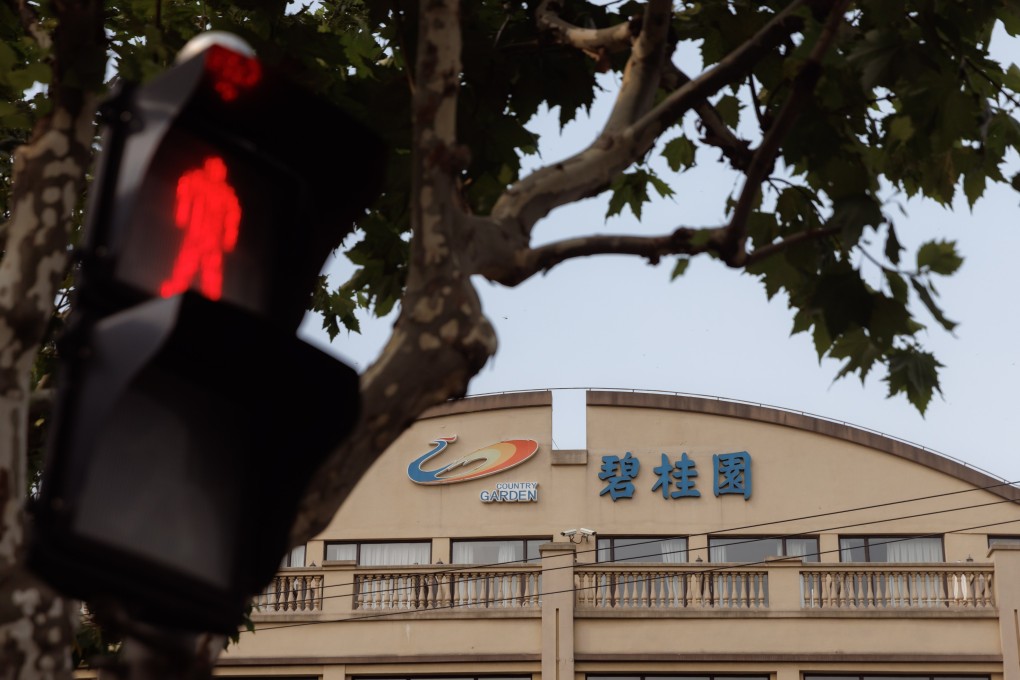Pessimism grips China after a host of factors trigger a sell-off, with investors unlikely to return soon as support measures disappoint
- Global investors’ stock sales in August could mark the biggest monthly exit since last October, before China removed all the pandemic restrictions
- The combined value of shares traded on the Shanghai and Shenzhen exchanges have dropped to a near seven-month low in August and the yuan is at a nine-month low

A multitude of factors, ranging from shrinking trading volumes to exodus of foreign investors and deteriorating economic fundamentals, are signalling that the turmoil in Chinese stocks is yet to run its course, with the absence of any significant support measures keeping the market outlook dour.
The combined value of shares traded on the Shanghai and Shenzhen exchanges have dropped to a near seven-month low in August, at a time when overseas traders have sold 37 billion yuan (US$5.1 billion) worth of Chinese shares through the exchange link with Hong Kong so far this month – poised to take the monthly tally to the highest level since the nation reopened its borders in December. Meanwhile, the downward spiral in China’s economy continues, with the latest economic data disappointing markets and a leading wealth-management firm roiling the trust industry after missing payments to clients.
“The market has not hit the bottom yet and will probably test a new low, as there have been disappointments both on the economy and policy fronts,” said Wang Chen, a partner at Xufunds Investment Management in Shanghai. “To reverse the downtrend in stocks, the government needs to take more measures to stabilise the job market and boost disposable incomes.”

The market reaction has been sharp and reflected investors’ disappointment. The CSI 300 Index dropped 0.1 per cent on Tuesday and the Hang Seng Index retreated by 1 per cent even after the People’s Bank of China surprise cut – the biggest since 2020.